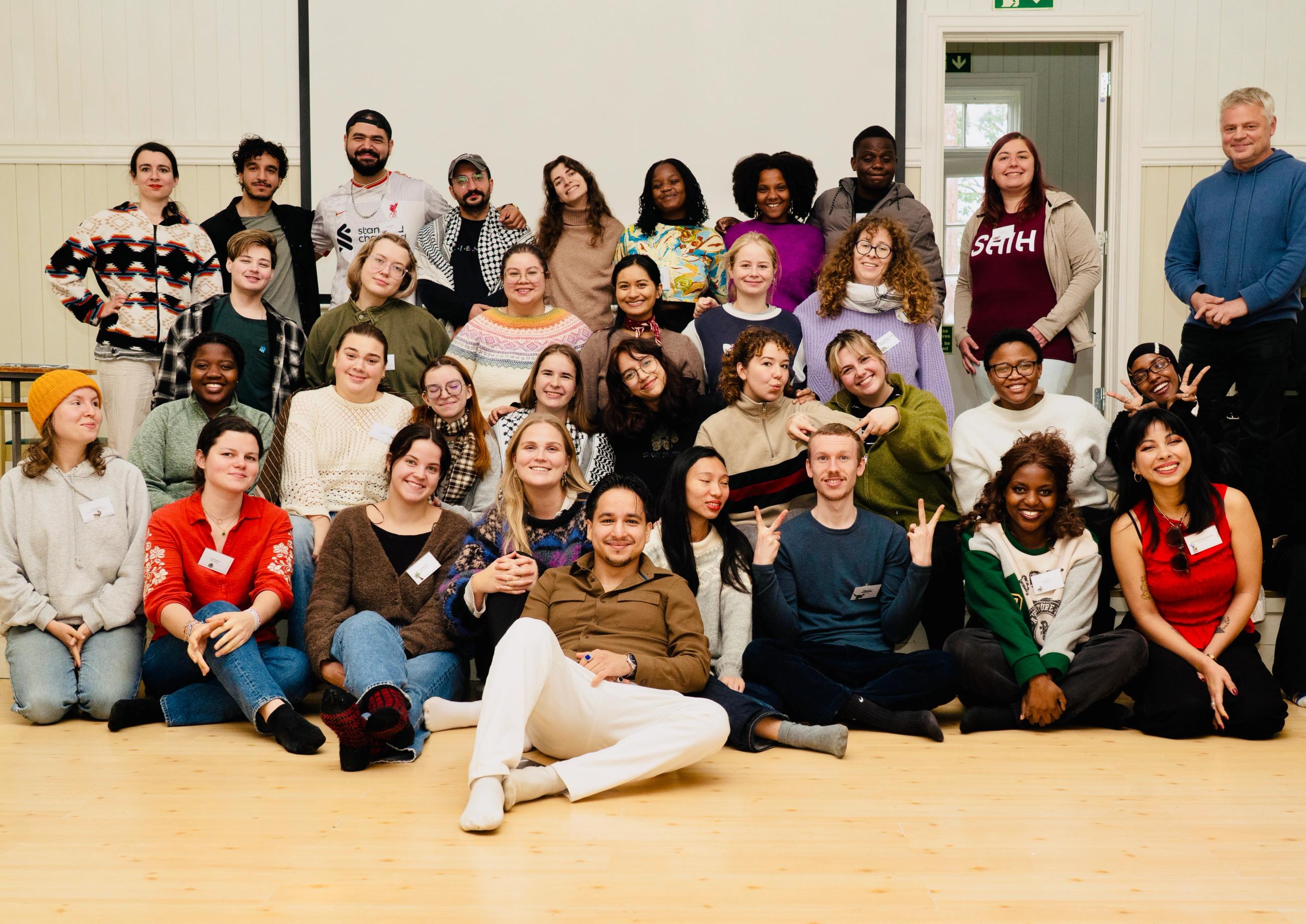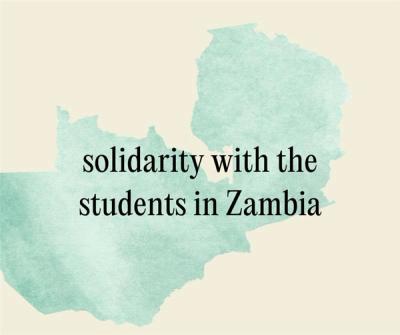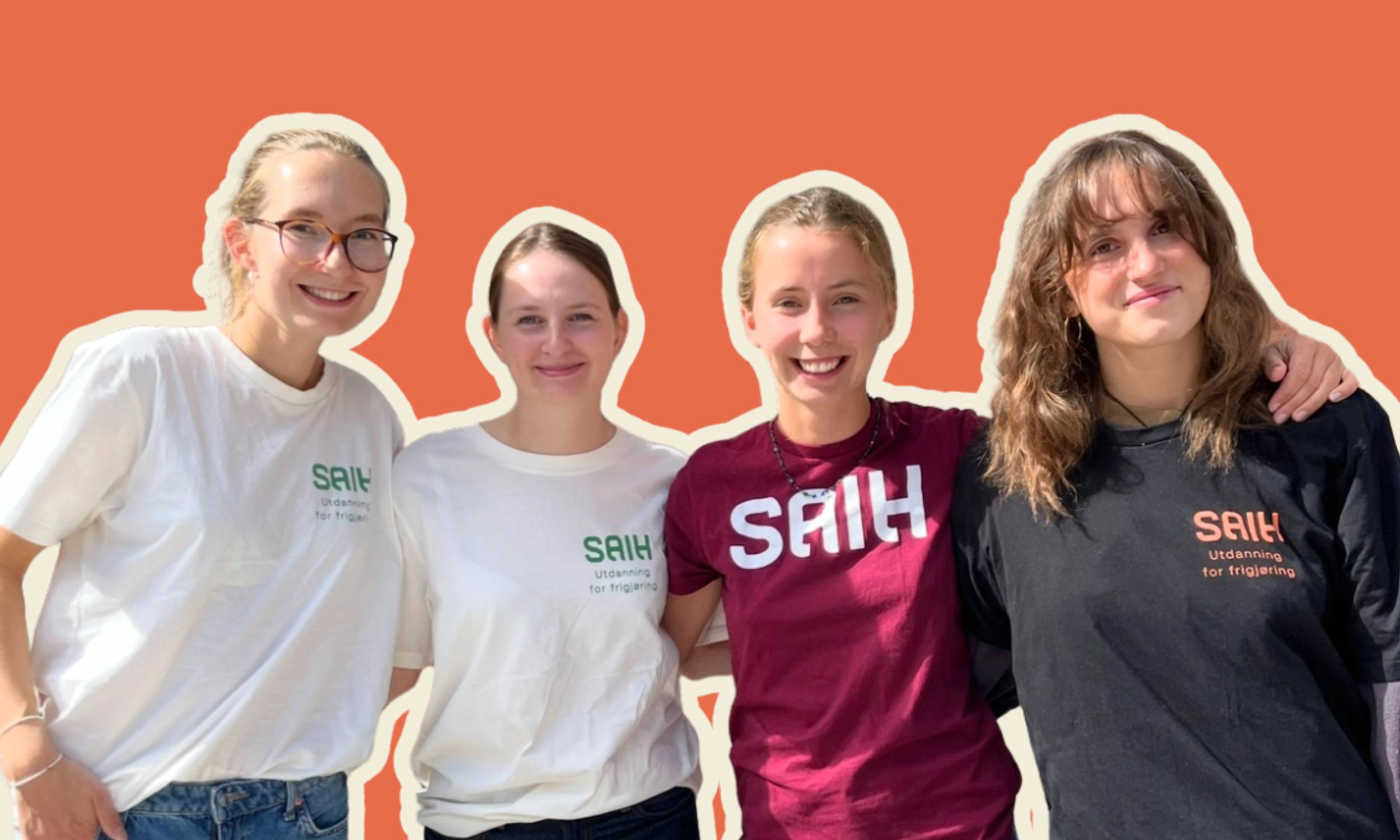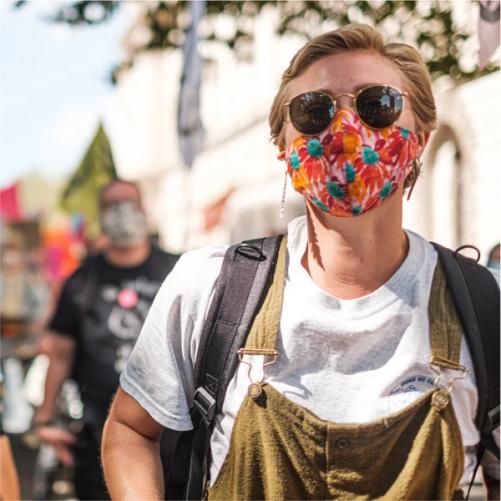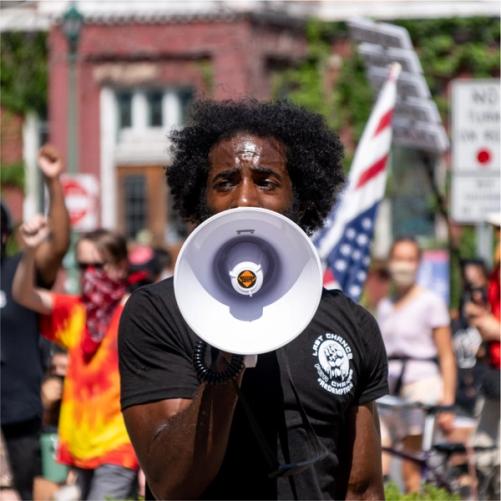News
Attacks on student activism is an indicator of democratic backsliding
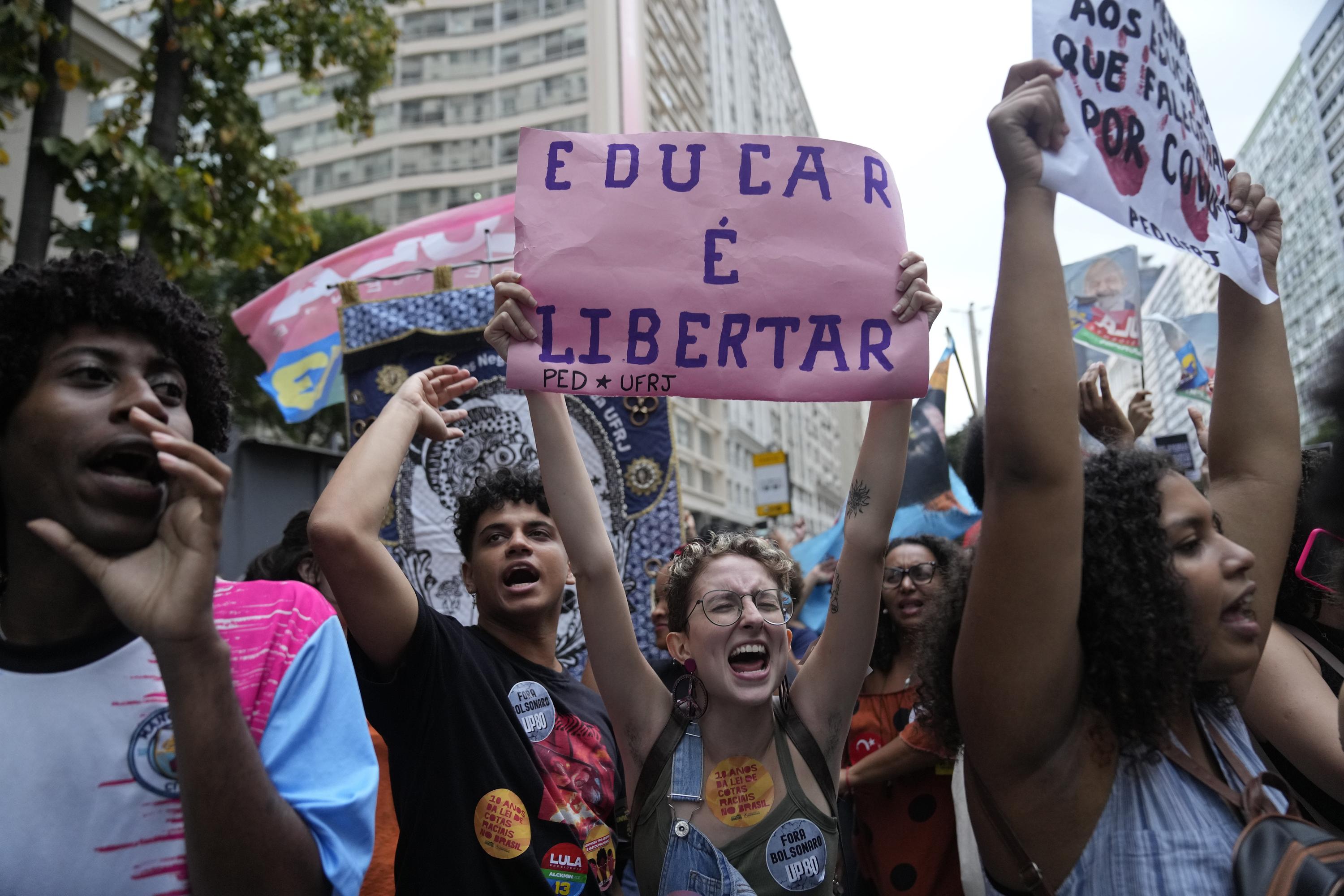
‘’This is serious, mainly because the international community usually calls out the most physically violent forms of oppression. However, by overlooking the every day, covert tactics used by governments and university administrations to silence student activists, we miss out on the opportunity to confront early or rising authoritarian impulses in our societies,” comments SAIH President, Hector Ulloa.
According to SAIH’s report Activism Under Attack, there are four subtle strategies used to repress student dissent – lawfare, delegitimization, co-option and factionalization – which need attention to better understand where authoritarianism is expanding and civic space shrinking.
‘’One may not immediately think of repression of student activism as a common feature between countries such as the United Kingdom or Zimbabwe, because the political contexts are so vastly different,’’ said Amy Kapit, who is a Visiting Assistant Professor in Peace and Conflict Studies at Swarthmore College, and the author of the report.
‘’But this research shows that repression of student activism occurs regardless of how open a society is. So, the use of laws to limit the financing of student unions in the UK and discrediting students by linking them to western imperialism in Zimbabwe are both repressive. It is the means that vary, depending on the socio-political realities and context.’’
Ulloa adds, “This challenges us to re-think our understanding of repression, which has primarily been about the visible, striking forms of violence rather than more subtle, silencing acts.’’
GLOBALLY, STUDENTS CONTINUE TO RESIST AUTHORITARIAN TENDENCIES
Since September of last year, university students have been leading anti-government protests in Iran after 22-year-old Mahsa Amini died while in custody of the country’s morality police. As part of an intense crackdown on the protests, university campuses were targeted by security forces, which is a violation of academic freedom.
‘’Current events from Iran, Myanmar, India, and variety of other places illustrate that students are among the first to raise their voices when they think a country is going in the wrong direction. And for that, they are attacked because students have the power to change the public narrative,” said Ashlegh Pfunye, Steering Committee member of Global Student Forum, a global body of students who contributed to the report.
Scholars at Risk’s Free to Think 2022 report found that attacks against students’ freedom of expression stand out in particular when looking at academic freedom – they make up 41% of the attacks on higher education globally.
‘’This shows how important it is to protect student activists and the rights that enable their activism, such as academic freedom, freedom of expression, and freedom of assembly. States must protect student activists and condemn attacks on them. The international community must acknowledge student activists and movements as key stakeholders in civil society and stand in solidarity with them. Finally, everyone should make way for student representation in decision-making spaces,” said Ulloa.
The full report from SAIH, which is funded by Open Society Foundations (OSF), the Norwegian agency for development cooperationcan (Norad) and students in Norway (the SAIH tenners), can be read here.
SAIH is also spotlighting this issue in its upcoming campaign: The Latest Trends of Oppression.


